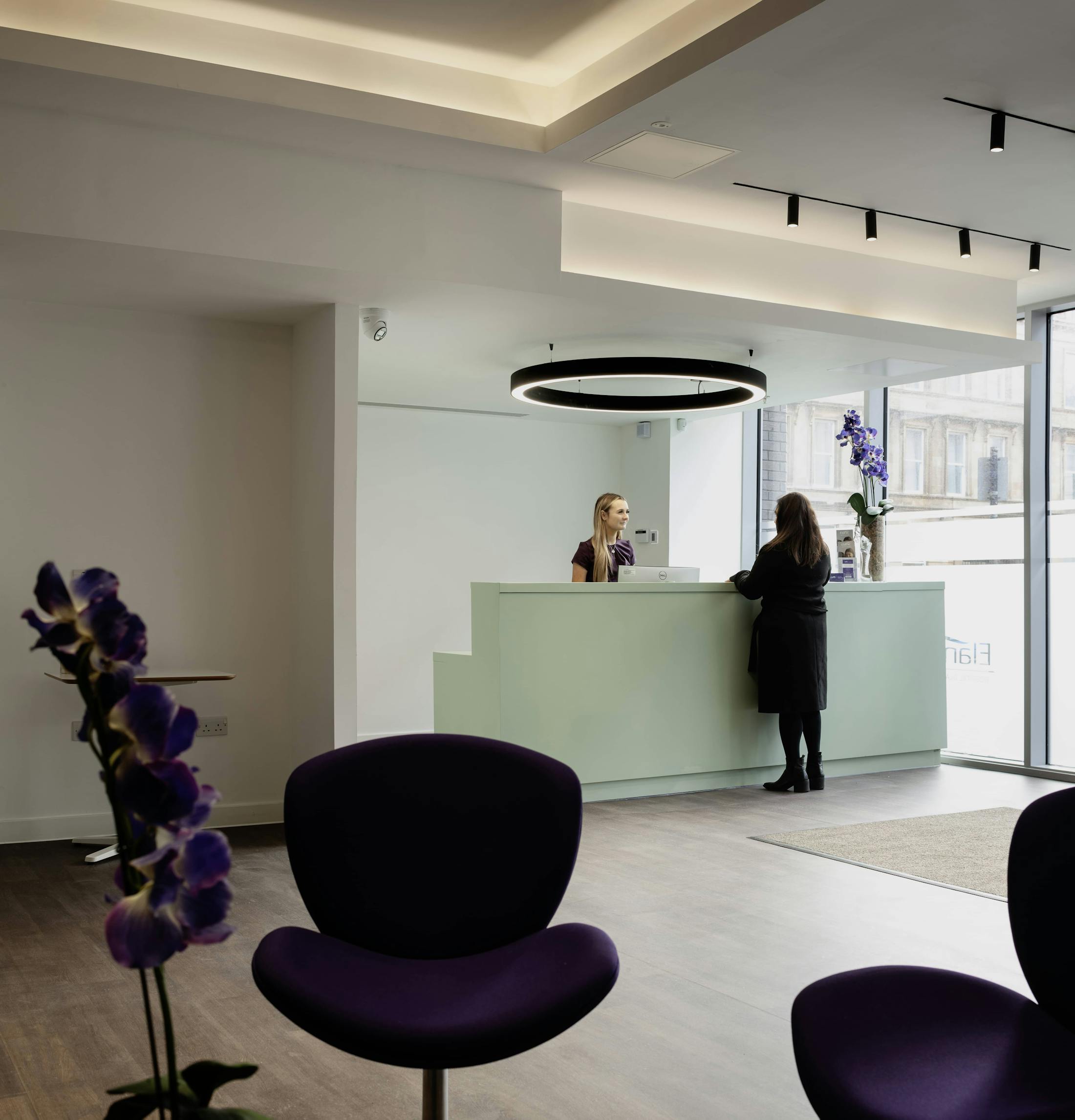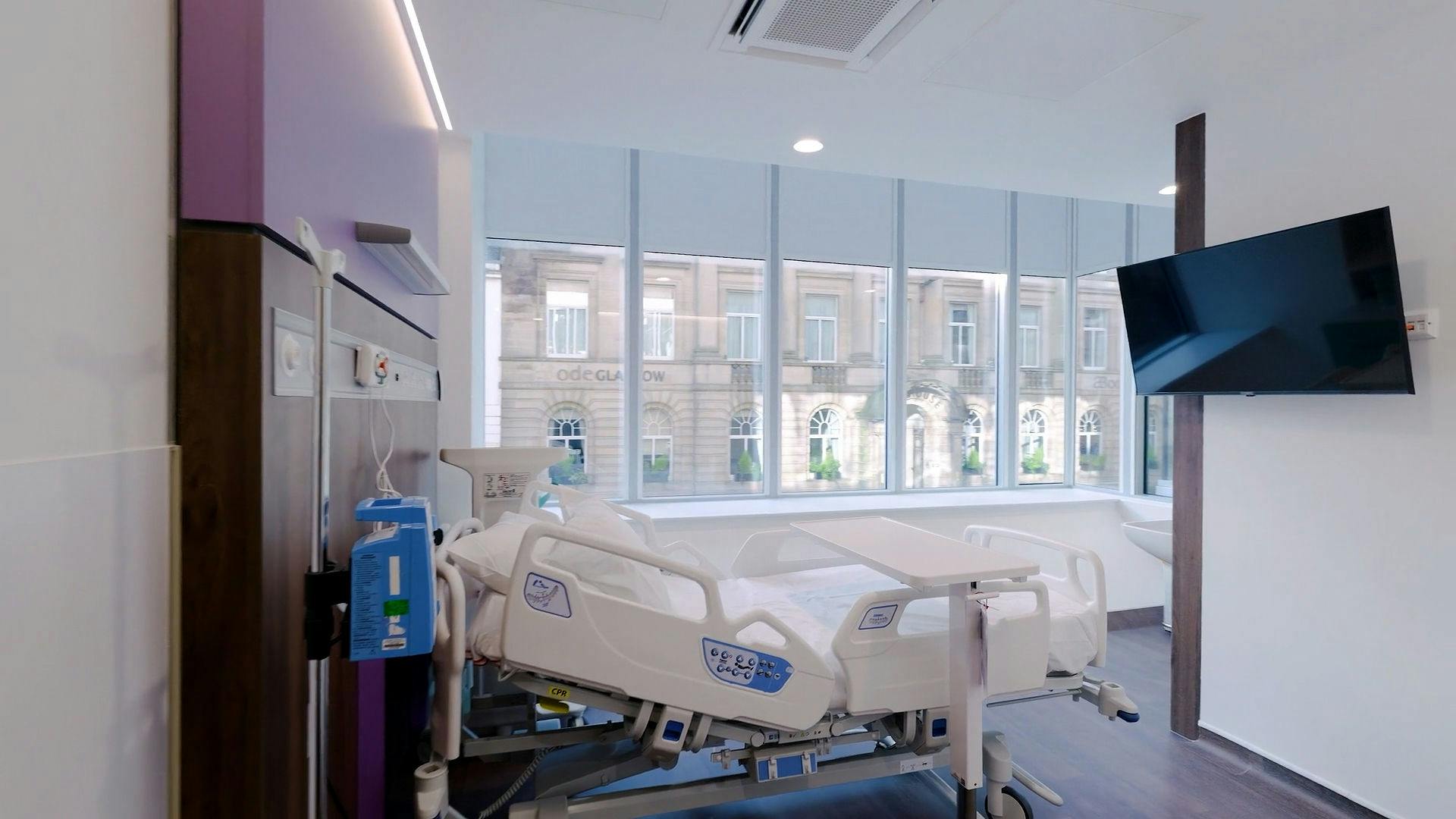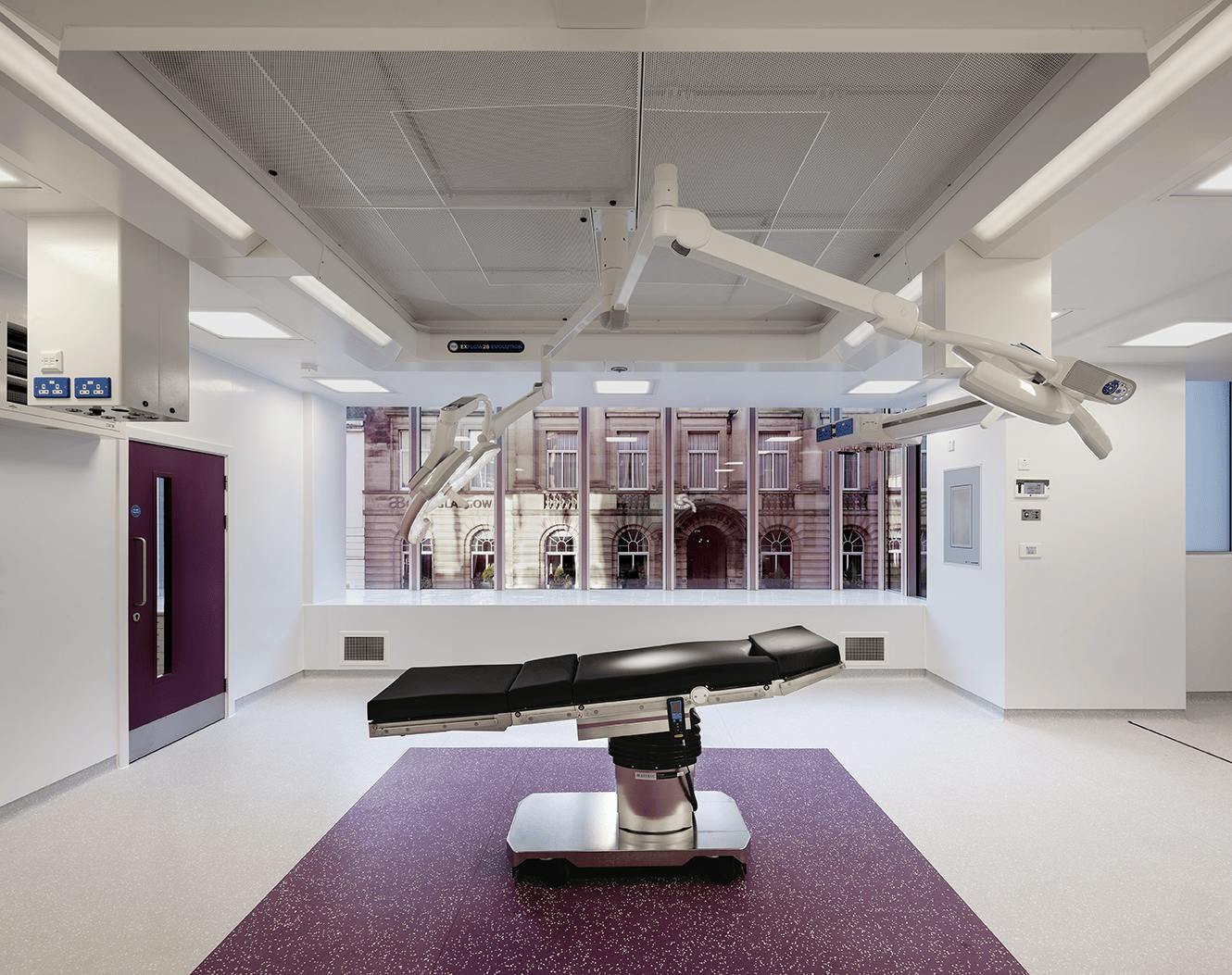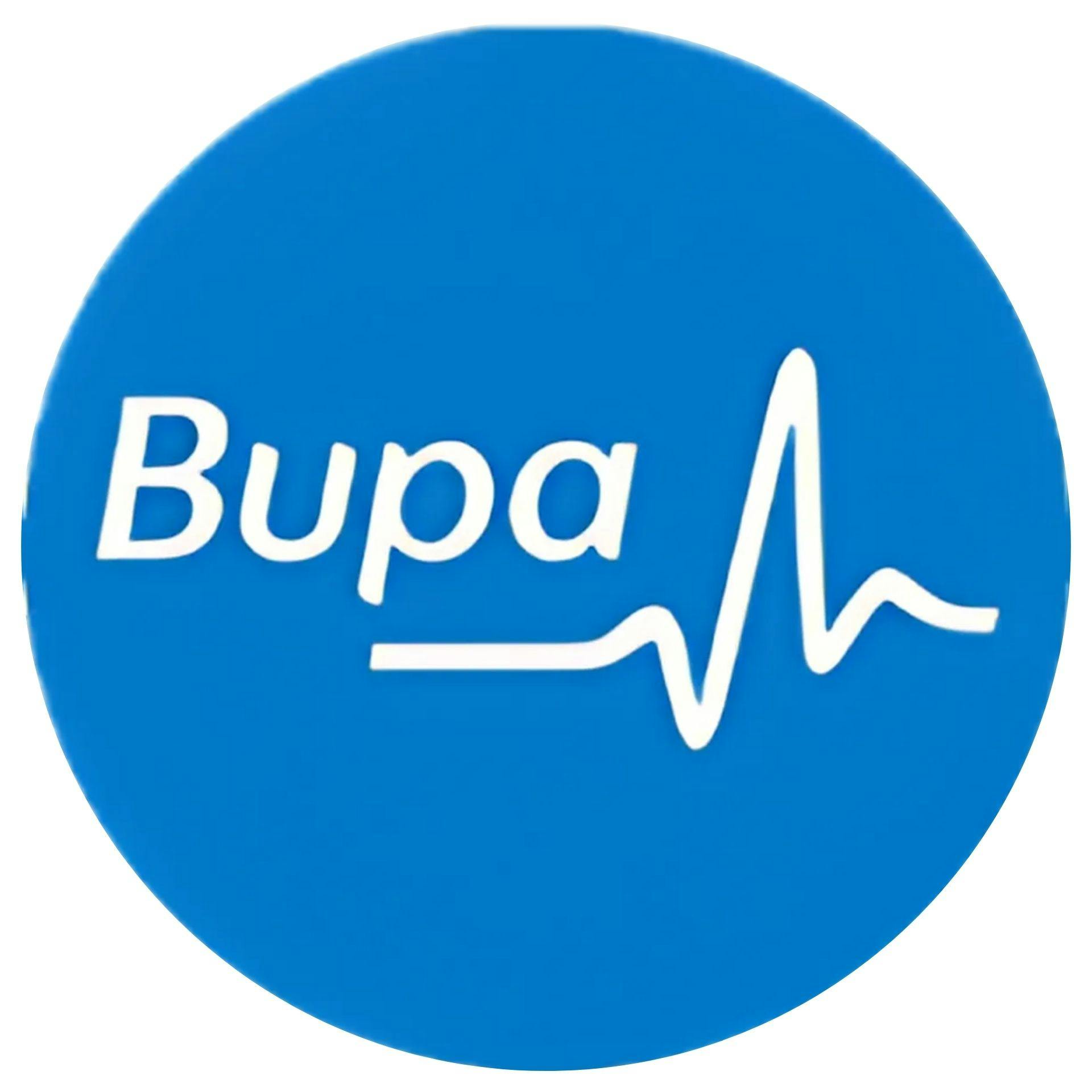Hernias are a common medical condition that occurs when an organ or tissue protrudes through a weak spot in the surrounding muscle or connective tissue. This can lead to discomfort, pain, and other complications if left untreated.
Do I Have a Hernia?
Hernias are a common medical condition that can affect anyone at any age, and the symptoms that come along with a hernia can vary depending on the type and location of the hernia. Some common symptoms include:
- Pain or discomfort in the affected area
- Pain when lifting heavy objects or coughing
- A visible bulge or swelling in the affected area
- A feeling of heaviness or pressure in the affected area
- Burning or aching sensation at the site of the hernia
- Nausea or vomiting, particularly if the hernia becomes incarcerated or strangulated














